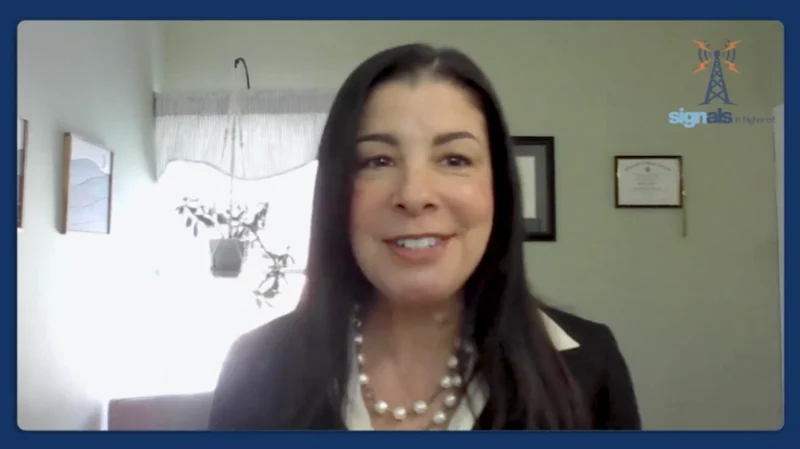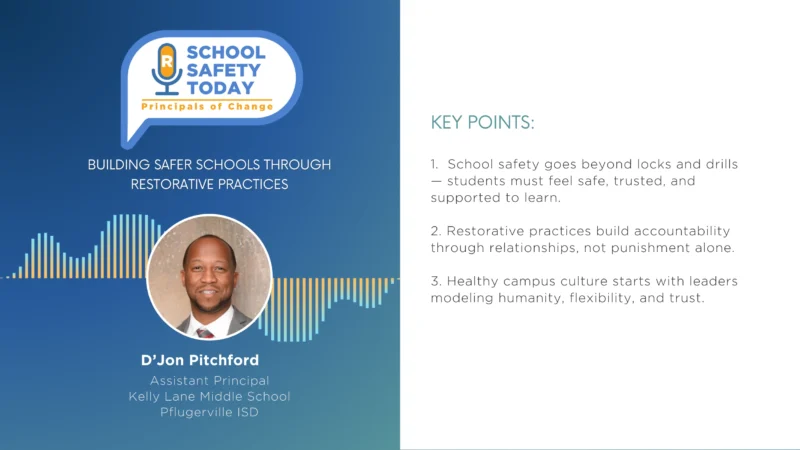Mesa’s Team Teaching Model Tackles Teacher Shortage and Accelerates Learning
Amid a nationwide teacher shortage and growing calls to rethink traditional education structures, Mesa Public Schools in Arizona is pioneering a model that could reshape the future of the classroom: team teaching. At a time when 74% of U.S. public schools report difficulty filling teaching positions, Mesa’s innovative approach—emphasizing collaboration, flexibility, and personalization—offers a promising alternative.
But what does team teaching actually look like on the ground? And can rethinking the “one teacher, one classroom” model truly improve teacher satisfaction, retention, and student outcomes?
In this episode of The Future of Education, host Michael Horn sits down with Dr. Andi Fourlis, Superintendent of Mesa Public Schools, to explore how the district has partnered with Arizona State University’s Next Education Workforce Initiative to implement a team-based instructional model. The discussion spans the origins, design, and results of this bold shift in educational practice.
During the conversation, Michael and Dr. Fourlis discuss…
- How Mesa’s team teaching model works, including multi-teacher rosters, shared student groups, and co-designed personalized learning.
- The impact on teacher retention and satisfaction, with higher evaluation scores, lower absenteeism, and increased career longevity.
- The role of community and innovation, from therapy dogs supporting student well-being to aerospace engineers mentoring K–12 STEM teams.
Dr. Andi Fourlis is an experienced educational leader with over 25 years in public education, currently serving as Superintendent of Mesa Public Schools. Her career highlights include roles as Deputy Superintendent and Assistant Superintendent of Teaching and Learning, where she led large-scale instructional and workforce innovations. She also served as Chief Learning Officer at the Arizona Science Center and held multiple leadership positions in the Scottsdale Unified School District, with expertise in curriculum, teacher development, and systemic reform.




